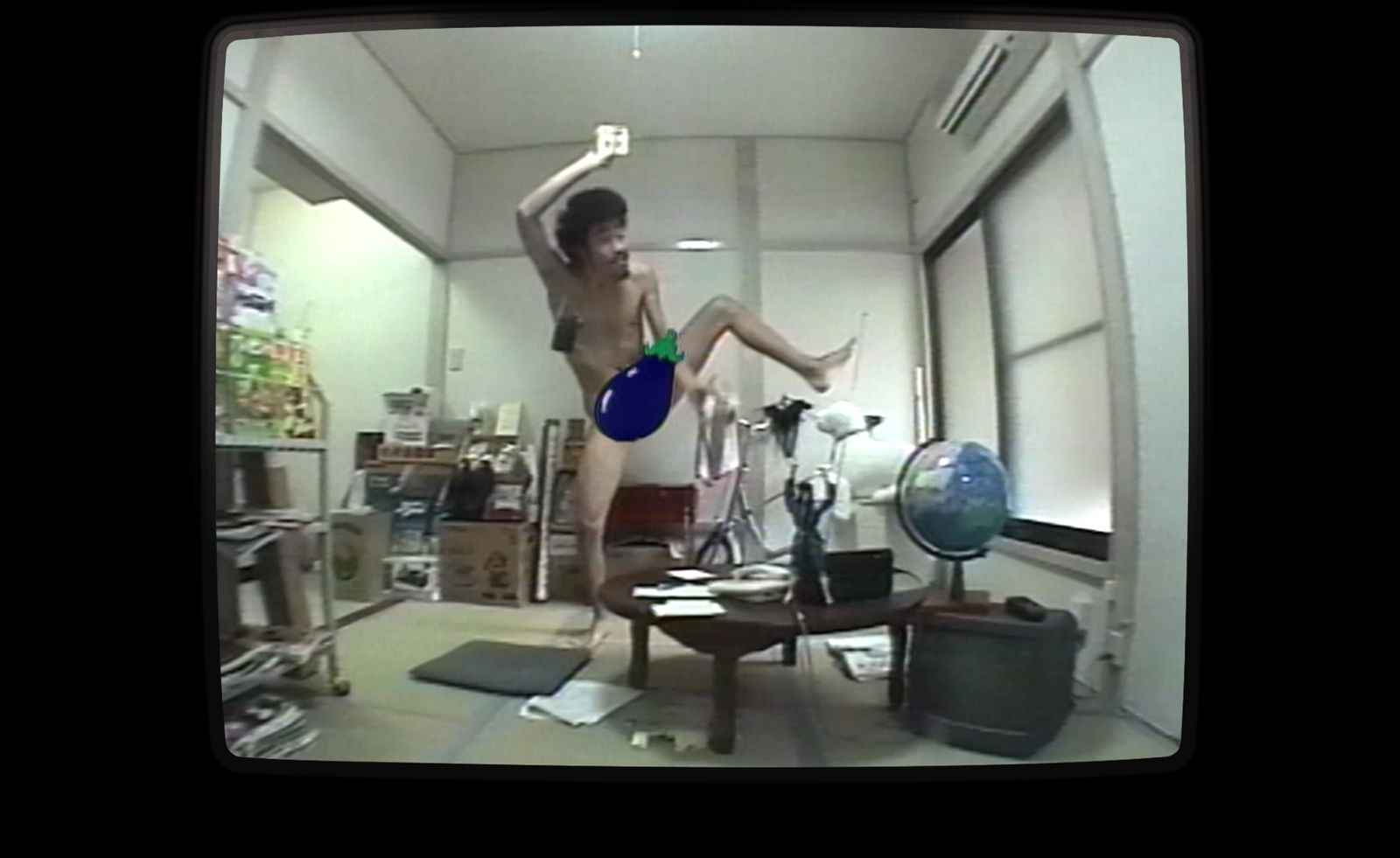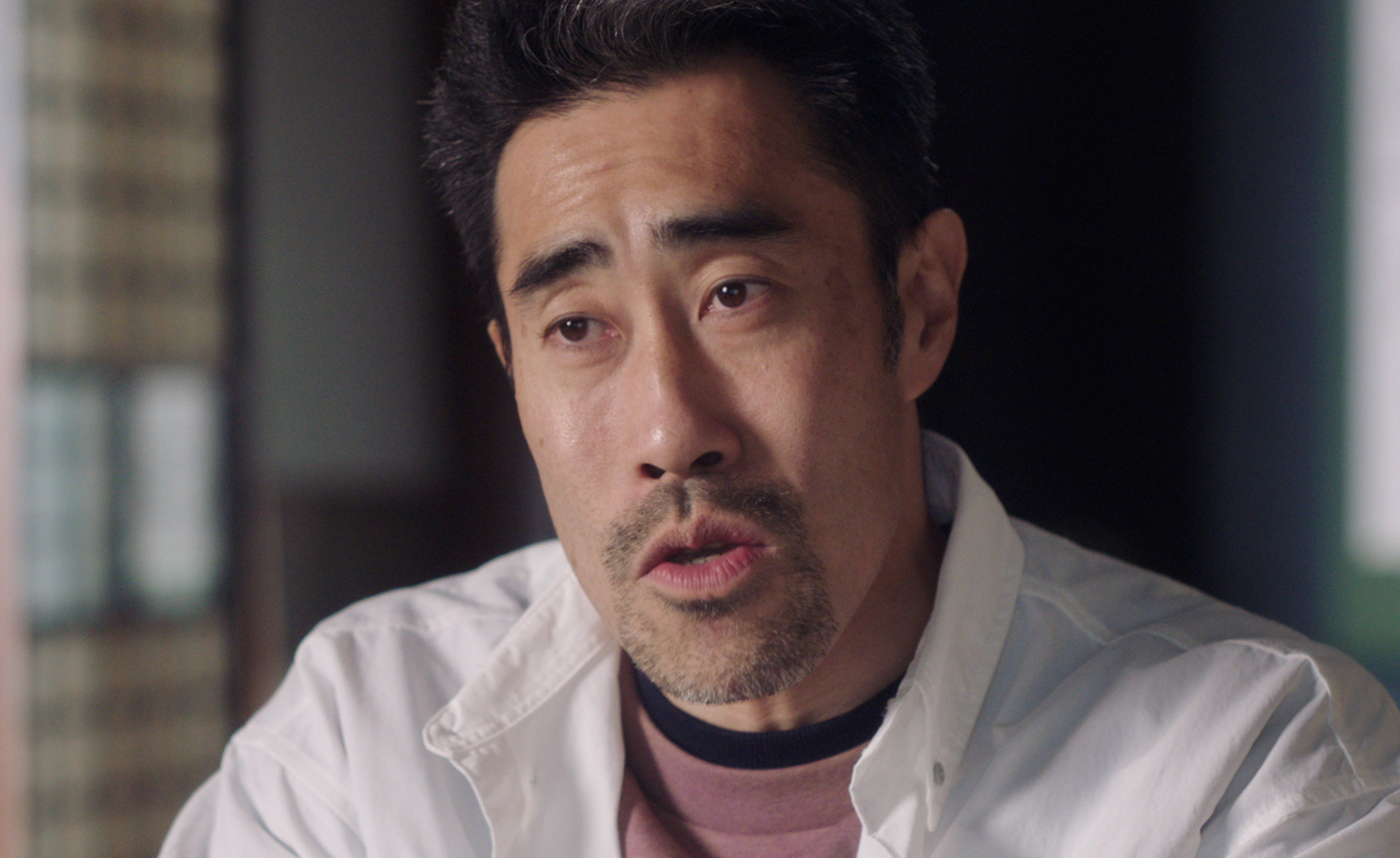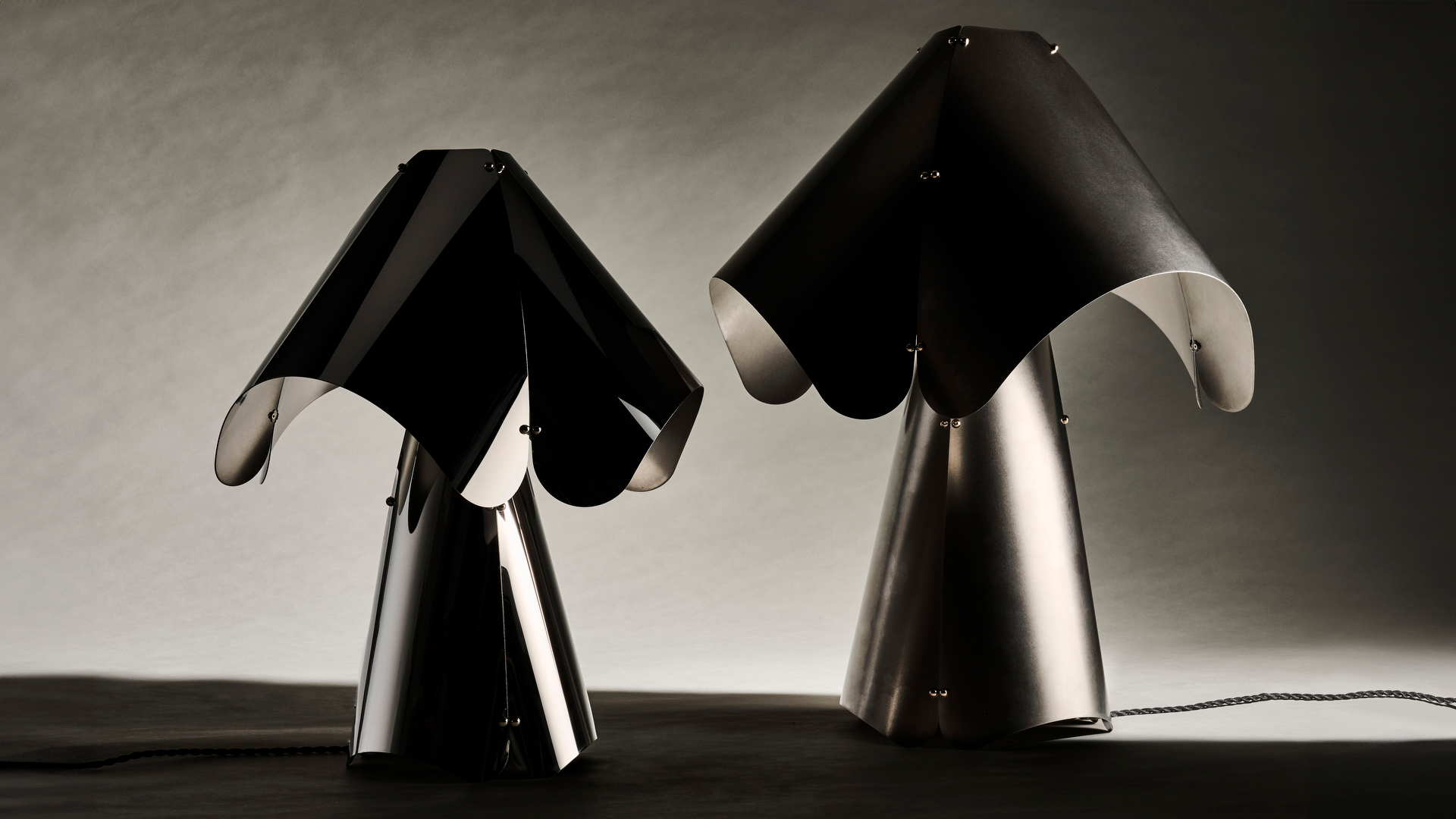The Contestant: inside the dark and exploitative beginnings of reality TV
Clair Titley’s The Contestant examines a sensationalist moment in TV history, before Big Brother meant reality became an accepted part of popular culture

When Tomoaki Hamatsu – better known by his nickname Nasubi – auditioned for the Japanese reality TV show, Denpa Shōnen, he had no idea he would be stripped of his clothes and trapped in a room indefinitely. Left with only a cushion, pen, paper, telephone and a full rack of magazines, Nasubi would have to earn his way out of this room by entering magazine sweepstakes. Clair Titley’s The Contestant looks back on a sensationalist moment in TV history preceding Big Brother and reality TV’s rapid ascent into popular culture, exploring the medium’s exploitative beginnings and the man affected by it.
Borrowing from the melodramatic production style that is now ubiquitous for reality TV, the documentary introduces its two main interviewees with notable flair. The suspense builds over an empty chair before the reality TV star Nasubi takes his place and Denpa Shōnen’s producer Tosio Tsuchiya describes the competition as a gift from the Gods with a devilish smirk. It is clear from his cheery response throughout that Tuschiya still thinks of it as one of his greatest achievements. In his interview he claims a curiosity for human psychology but it’s a thinly veiled excuse for the sadistic enjoyment the producer gets from playing puppet master. Tsuchiya delights in describing the tricks he played on Nasubi as if he were a frat bro boasting of hazing. But even this grandstanding demonstrates Tuschiya’s innate knowledge of filmmaking, as he would rather present himself the film’s villain, than be turned into one in post production.

Tomoaki Hamatsu in a still from The Contestant
As The Contestant offers up clips from the show, including Nasubi reusing a jello carton to cook rice (which takes three hours), eating dog food and desperately excited to receive a pair of knickers through the mail, it’s painful to watch someone be forced into these austere measures that take him to the brink of starvation and madness. And yet as the months roll past, despite being stripped (literally and figuratively) of his dignity Nasubi still performs for the camera, offering up hyperbolic reactions for every prize he receives and every item of food he tastes.

But the man who sits before Titley’s camera is markedly different from the TV personality who was nicknamed after the aubergine emoji that covered his genitals – which the documentary makes a point of stating is the origin for the emojis now widely accepted phallic meaning – on Japan’s hit show. Today Nasubi is reserved, he seems at peace with himself, although it is made apparent that this deep rooted calm was hard won. Despite The Contestant focusing on the sensational and exploitative beginnings of reality TV, it refuses to pull from the same toolbox. Even when Nasubi speaks of his immense loneliness and suicidal ideation during his time on the show, this production team protects his dignity. Never pushing for tears or turning the talking head into the exhaustive confessional.

Still from The Contestant
Where The Contestant succeeds is in demonstrating the long lasting detrimental effect on Nasubi’s mental health and the isolating reality of fame, all explored without mining trauma as many documentaries that fall into the trap of sensationalism themselves often do. But there are some places where Titley should have dug deeper. While The Contestant hints at Nasubi’s experience as a singular example of a larger culture of sensationalist media, there is limited contextual scope. Beyond the show’s huge popularity and international coverage the film fails to explore what came in its wake and how it shaped the reality TV landscape in Japan or globally.
The documentary fails to probe the producer or network to unearth the extent to which Nasubi was exploited. Despite the documentary including Nasubi’s discovery that his experience was merchandised to the hilt during the contest – even his diaries were published without his consent – no information is given about the show’s profit margins or whether Nasubi earned a cut. The Contestant refusal to further exploit its subject is admirable, offering an uplifting ending to a shocking tale of media’s exploitative capabilities. But its soft touch towards the network responsible avoids holding anyone to account, which is ultimately detrimental to a wider discussion of reality TV which is vital today.
The Contestant is released in select UK cinemas on 29th November 2024. Find more detail at metfilmstudio.com
Receive our daily digest of inspiration, escapism and design stories from around the world direct to your inbox.
Billie is a London based culture and lifestyle writer. Her work on film, literature, internet culture and sexuality can be found in Dazed, Guardian, Little White Lies, Them and many more.
-
 Vigilante’s 1979 Jeep Wagoneer features luxury trim, modern muscle and elevated styling
Vigilante’s 1979 Jeep Wagoneer features luxury trim, modern muscle and elevated stylingTexan restomod master Vigilante has created a new take on the classic Jeep Wagoneer, transforming the 1970s family SUV into a sleek, architectural powerhouse
-
 Australian studio Cordon Salon takes an anthropological approach to design
Australian studio Cordon Salon takes an anthropological approach to designWallpaper* Future Icons: hailing from Australia, Cordon Salon is a studio that doesn't fit in a tight definition, working across genres, techniques and materials while exploring the possible futures of craft
-
 This designer’s Shoreditch apartment is ‘part grotto, part cabinet of curiosities’
This designer’s Shoreditch apartment is ‘part grotto, part cabinet of curiosities’The apartment serves as Hubert Zandberg’s ‘home away from home’, as well as a creative laboratory for his design practice. The result is a layered, eclectic interior infused with his personality